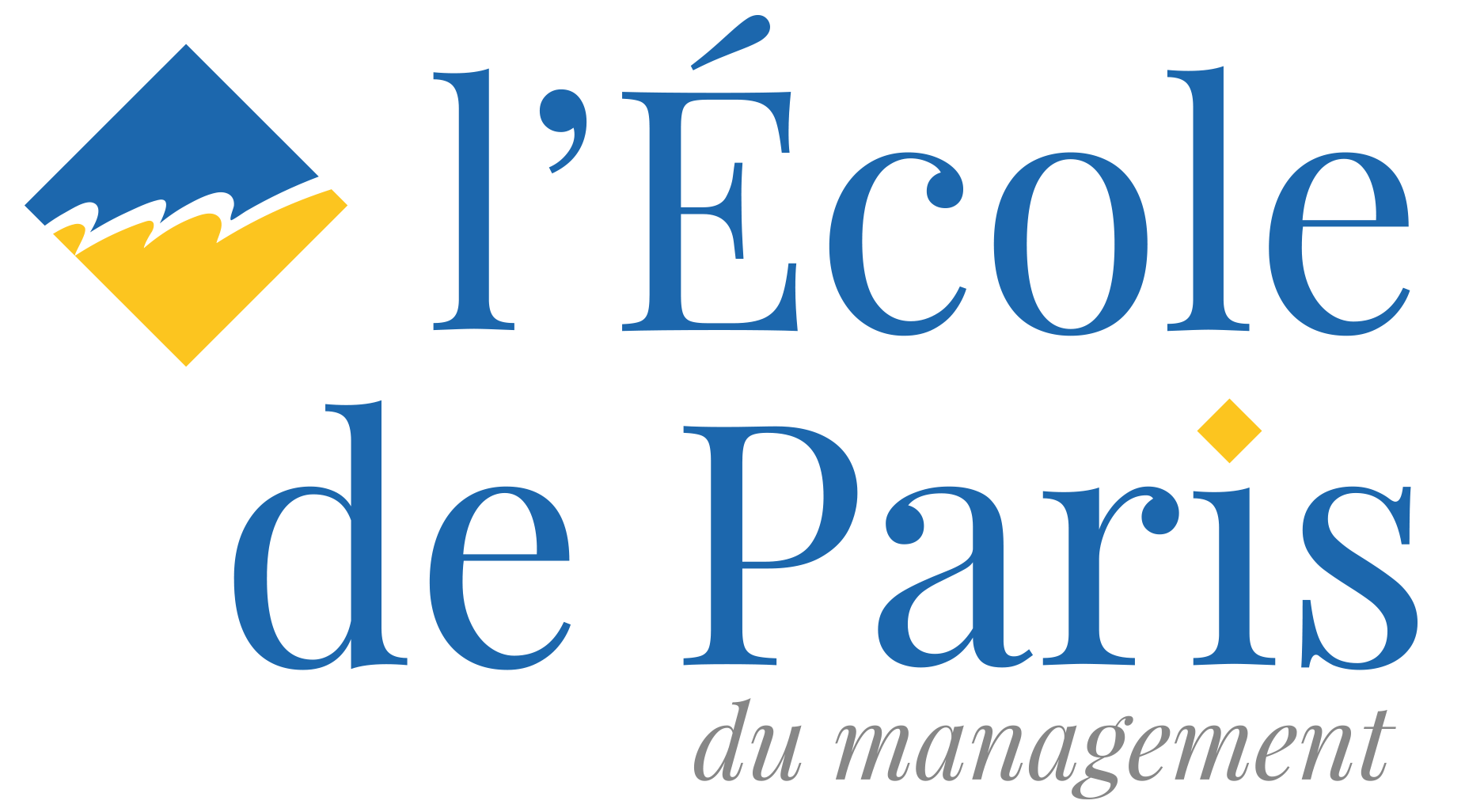Vice president, French Economic and Social Council, President, work department
President, IDRH consultants, President, Syntec Management, Member, French Economic and Social Council
Research director, CNRS (Centre National de la Recherche Scientifique : National Centre for scientific research), CEVIPOF (Centre de Recherches politiques de Sciences Po, Paris : Political science research centre, Institute of Political
Seminar Guest speakers
|
Monday June 4, 2007
- 19h - 21h15
Our methods for achieving social dialogue are out of date. In business, dialogue is satisfactory but collective negotiation on an interprofessional level and in different areas produces 'a lot of action but not much of a result'. When unions and management are unable to find agreement, it becomes necessary to resort to external experts such as the Economic and Social Council in order to formulate recommendations and bring about change in the system. The means of representation and negotiation are extremely outdated resulting in inefficiency. Five workers' unions enjoy an 'incontestable presumption of representativeness' which confines certain rights of worker representation to the 'most representative' unions. This 'pluralistic' belief allows the five unions to sign agreements despite the fact that their influence among employees is very variable. The essentials for the improvement of social dialogue are that elections should take place in order to legitimise trade unions, and that managers must explain the reasons behind the decisions they take. These requirements are necessary in order to implement changes which are imposed on companies and their employees by the effects of globalisation.
The entire article was written by:
Sylvie CHEVRIER
This session was published in issue n°68 of the Journal de l'École de Paris du management, entitled
Manager les différences.



No comments yet